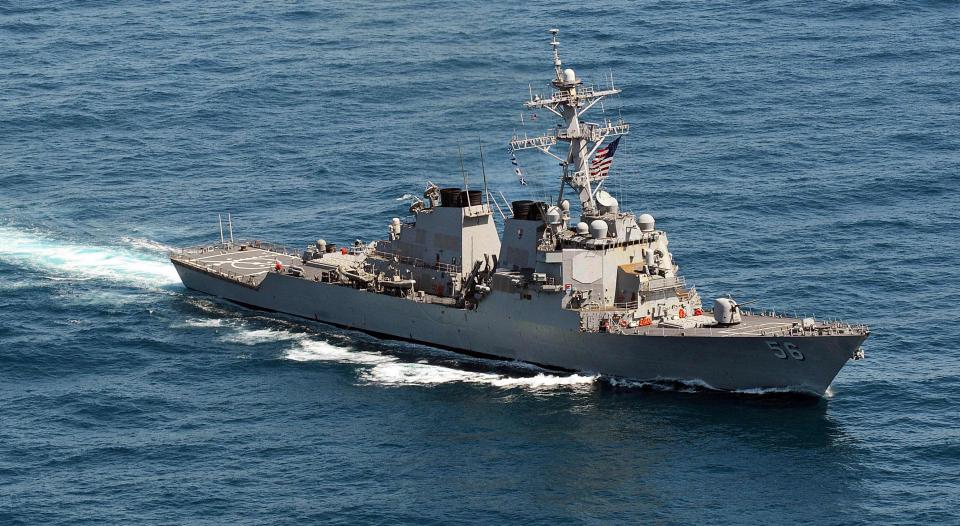The Donald Trump administration is still working on finalizing its South China Sea and Asia Pacific strategies, said Zhang Yao, director of the Center for Maritime and Polar Region Studies at the Shanghai Institutes for International Studies, writing for news site
The Paper.
The US is still the biggest external factor likely to influence the status of any South China Sea disputes, Zhang said. But it is very much beyond the political, economic and diplomatic capacities of the US to rebalance the Asia Pacific, the scholar said.
The US still enjoys the advantage of dominance in military resources, but they are not expected to turn into political benefits especially when the country is devoid of support from its Asian allies, unless it is ready for a head-on confrontation with China, the scholar noted.
But even the US military advantage in the South China Sea and across the whole Asia Pacific is diminishing, as China’s military strength, especially its naval forces, are quickly rising, Zhang said.
But it’s believed that the US will take follow-up actions, as it will not allow its investment of resources in the region to be wasted, according to the scholar. The US has been signaling its determined interference in the South China Sea to its allies through its recent intrusions into China’s territorial waters, he said.
Zhang cited US media as reporting that Trump has approved the US navy’s annual plan for “free navigation” in the South China Sea. But Zhang believes it will be very hard for the US to organize a systematic joint cruise involving multiple countries, as countries like Japan and Austria have shown no signs of actual participation.
These countries’ warships may show up in the South China Sea for various reasons, he said, but the title of “joint cruise” will severely hurt their bilateral relations with China.
However, the US is not likely to stop its “freedom of navigation” actions, as it seeks to secure its hegemony in Asia Pacific and build up prestige among its allies, Zhang said. The scholar believes the US will carry out many intrusive actions alone and this will become the status quo for the South China Sea issue, he said.

 Old Version
Old Version